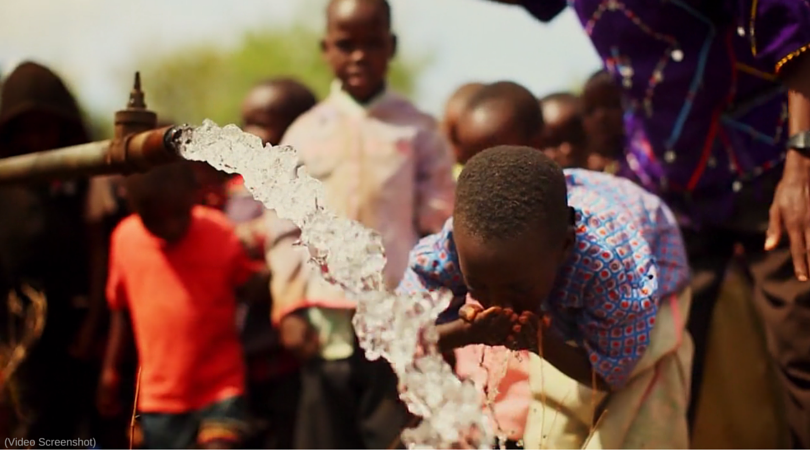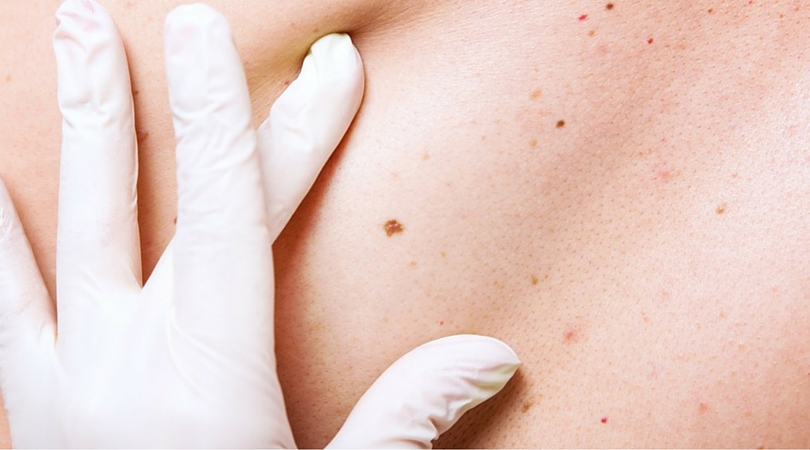We all want to make a difference in the world, and Sivan Borowich Ya’ari is no different. That’s why when, on a business trip to the denim district of Africa, she saw an opportunity to help the suffering people in the African community, she knew what she had to do.
From that initial desire to help, Innovation: Africa was born, and they have been making this world a better place ever since. Who is Innovation: Africa? What do they do? And why are they making such a difference to the world? Find out this and more as we explore this humanitarian aid group that seems to know exactly how to get the job done.
How Innovation: Africa is Changing the World
Innovation: Africa has only been around since 2008, but they’ve managed to do a whole lot of good in that short time. They have launched over 100 individual projects across Africa and helped close to 1 million African citizens with their relief efforts.
Various projects have been launched to promote better living conditions for those suffering from poverty, hunger, poor medical treatments, and rampant diseases caused by unsanitary water supplies. The initiatives have brought clean water, solar energy, food supplies, and much needed medical care to those in need. One meaningful project that was launched involved bringing light to schools and orphanages that were living in the dark until then.
Innovation: Africa’s reach has covered the continent, spanning countries including Ethiopia, Senegal, South Africa, Tanzania, the Democratic Republic of Congo, Malawi, and Uganda.
Sharing the Wealth
As an Israeli-launched and run firm, Innovation: Africa knows the dramatic breakthroughs that Israelis have made in the fields of technology and agriculture. This non-profit organization is responsible for bringing popular Israeli agricultural technologies that have successfully transformed a dried out desert wasteland into a flourishing center for produce, vegetation, and of course technology.
Using solar-powered water pumps, drip irrigation, and other innovations, Ya’ari has increased agricultural productivity in the region, created more jobs for farmers, and provided an ecosystem for stronger, healthier economic growth. This solar pump technology that the Israelis are sharing with Africa takes advantage of the vast supply of water hidden under the ground. There is as much as 5,000 gallons of water sitting below the earth’s surface, and these pumps are collecting the water for use in the fields via the latest drip irrigation systems that have been installed.
Promoting Better Health Standards
Another powerful initiative launched by Innovation: Africa brought more vaccinations to the children of Africa. Currently, more than 300,000 African children have received vaccines from life-threatening diseases such as tuberculosis, diphtheria, and tetanus. Innovation: Africa used to be called the Jewish Heart for Africa, and while the name has changed, clearly the message remains the same.







